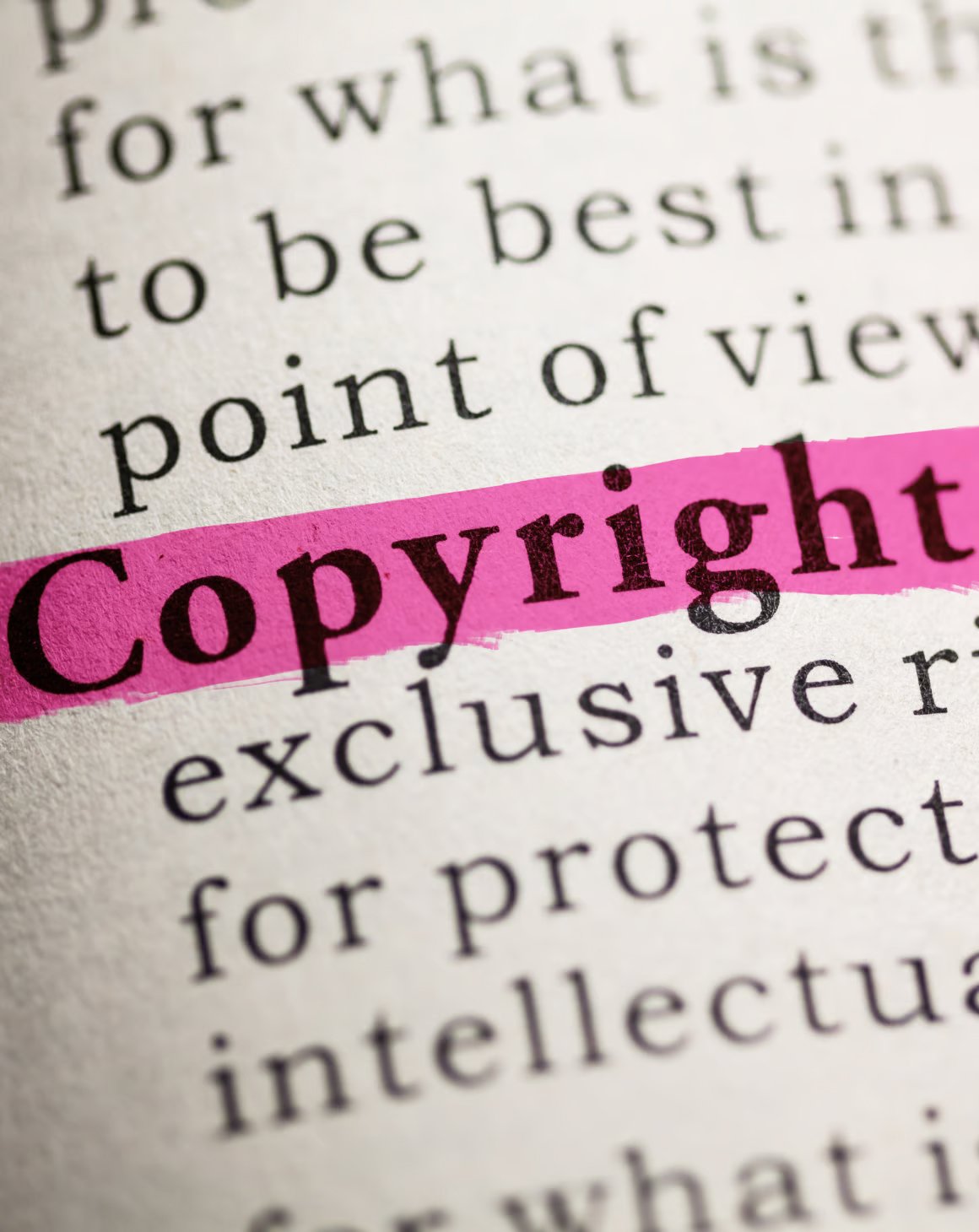If we want to get technical, a trademark, according to the Oxford Languages Dictionary, is “a symbol, word, or words legally registered or established by use as representing a company or product.”
What is a Trademark?
If we want to be a bit more casual, a trademark is an easily recognizable symbol, phrase, or word is tied to a specific product. It formally (legally) differentiates that product or services from all others of its kind and points to the owning entity’s ownership of the brand. But what does that mean in practice? There are a couple of key points to highlight concerning the guiderails of any trademark:
- “Or established by use” – You’ll notice in the initial definition, it states that a trademark is either registered or “established by use.” This is extremely important. Both offensively and defensively, this point is often key to settling disputes.
What this is referring to is the fact that a person/company does not need to file their trademark with the US Patent and Trademark Office (USPTO) to own the rights to a trademark. Is it always a good idea to file? Yes. It greatly strengthens and formalizes your protection. But if you, for one reason or another, did not file your trademark with the USPTO, it does not preclude you from a) enforcing your trademark against other and/or b) defending your trademark against infringement.
Trademarks are established first and foremost by use in commerce. If you have a unique logo or brand name that you have used for several years—or any amount of time—in commerce (i.e. selling items online, selling to brick-and-mortar stores, selling at craft or trade shows, etc.), and someone comes along and begins using that same logo or name to sell similar products, don’t panic. Even if they file with the USPTO for that trademark, as long as you have proof of your use of that trademark in commerce prior to the competing company’s use and/or filing date, you will win that dispute. The only asterisk here is that if you only used the trademark in commerce within a certain geographic area (as opposed to online or nationwide availability), you may only retain priority for that trademark within that area while the competing company—having filed formally—may own the trademark for the remaining areas within the US.
Remember this if you are going on the offensive and trying to assert that you own a certain trademark. You must be sure the other entity did not use that logo/phrase in commerce before you filed or used it.
- Classes of trademarks – Secondly, it is worth noting that your trademark is only enforceable within the categories or “classes” in which it is used. If your trademark is only used in commerce or properly filed to sell mugs and headwear using that particular brand logo, you only have protection as to those classes of products. Don’t try to go after someone using the same logo selling lamps—it won’t work.
This is because of the crux of trademark law—often described as the “likelihood of confusion.” The USPTO and courts are only concerned with protecting your trademark against actual competition from infringers. In other words, stay in your lane.
We all know Nike. If you walked into pet store and saw the brand name “Nike” on cat food, you would immediately assume it’s a different Nike. Nike cat food would be unlikely to confuse consumers.
What is a Copyright?
Let’s get technical for a second: A copyright is “the exclusive legal right, given to an originator or an assignee to print, publish, perform, film, or record literary, artistic, or musical material, and to authorize others to do the same.” Simply put, a copyright is the right to copy that work. Examples of copyrighted works include books, poems, plays, songs, films, artwork, and photographs; however, copyrights do not extend to ideas, procedures, processes, systems, titles, principles, or discoveries.
Now that we have the lay of the land, let’s be a bit more specific as copyrights relate to online sales. The typical scenario at play online is usually one of two:
1) Some unknown, unauthorized seller has piled on to a marketplace listing on which the brand’s official imagery is being used, or
2) The same type of seller has created his own listing using the brand’s images.
A couple of points to note here. First of all, similar to trademarks, you do not need to actually file your copyrighted work with the US Copyright Office in order to acquire the intellectual property rights that attach. By being the author of the work (i.e. photographer, artist, etc.) or the company that commissioned the work from an employee or independent contractor, you own the literal right to copy or recreate/publish that work. Also like trademarks, filing is always a good idea to provide that extra layer of protection and simplify any enforcement efforts.
Keep an eye out for our next blog in this series: Differentiating Between Trademarks and Copyrights: Enforcing a Trademark versus a Copyright.
To learn how we can customize a brand protection solution to meet your needs, schedule a consultation with our brand protection team.








.png)
.png)
